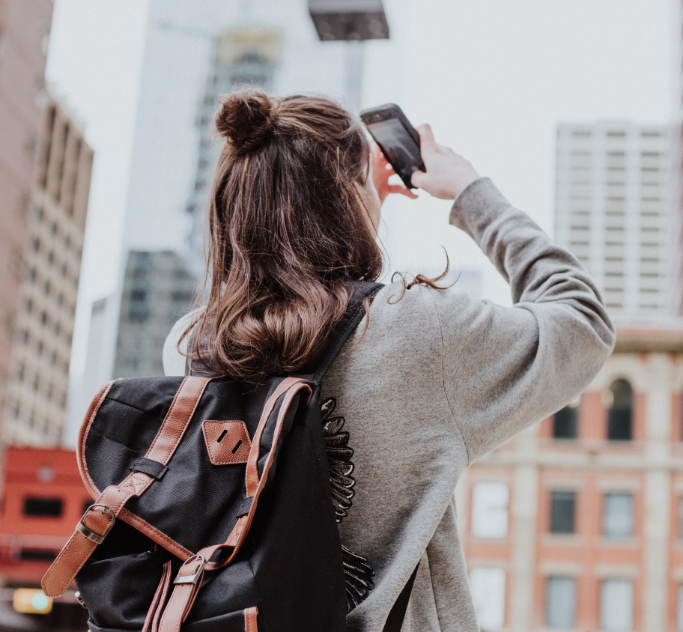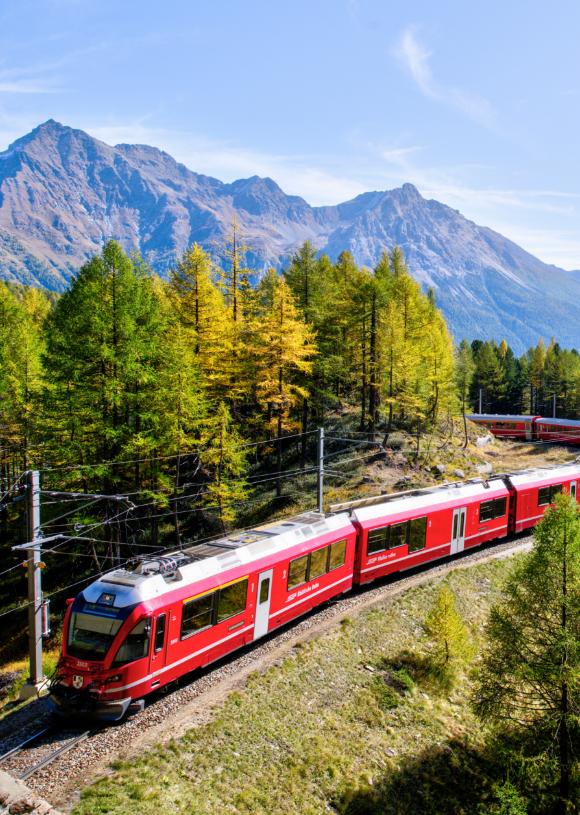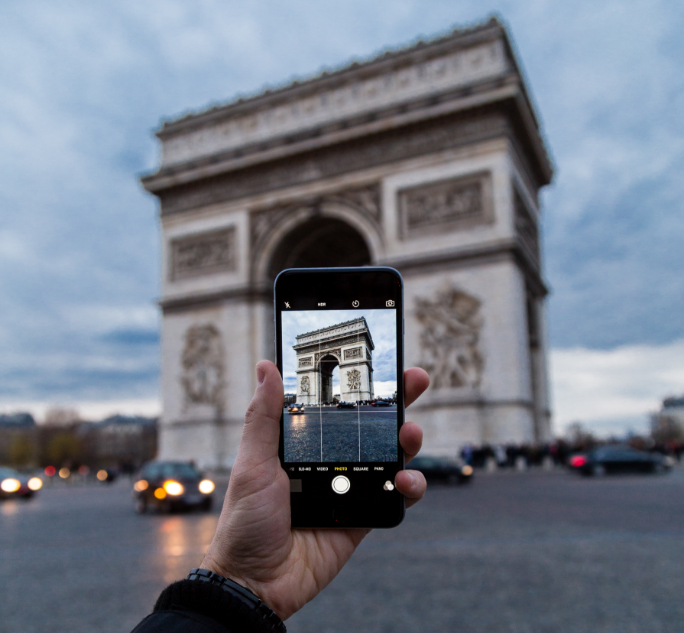When you picture a luxury vacation, what comes to mind? Perhaps you envision indulgent finishes, gourmet meals, or airline pampering. These are all important, but they aren't the only elements of luxury travel. After all: how we define luxury is evolving, so it only stands to reason that upscale vacations will shift as well.
At the center of all this change lies a new generation of luxury tourists: Millennials. As their income and spending power increases, these young travelers are excited to take advantage of experiences that were denied during the Great Recession, the ensuing recovery, and, of course, the pandemic. These events have given them wildly different expectations from their Baby Boomer and Gen X predecessors.
Millennials' unique approach to travel and leisure could prompt some significant challenges in the luxury market, but opportunities also abound. We've highlighted several of these below, as well as general trends to keep in mind as Millennials embrace luxury travel.



